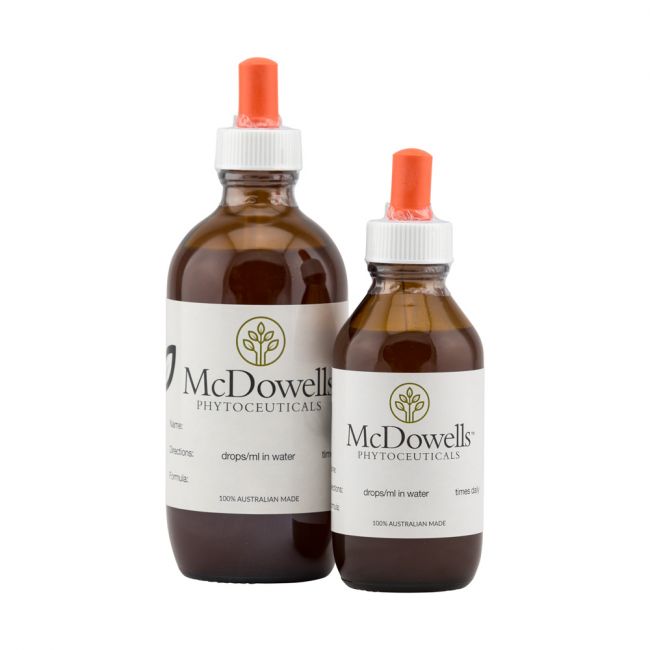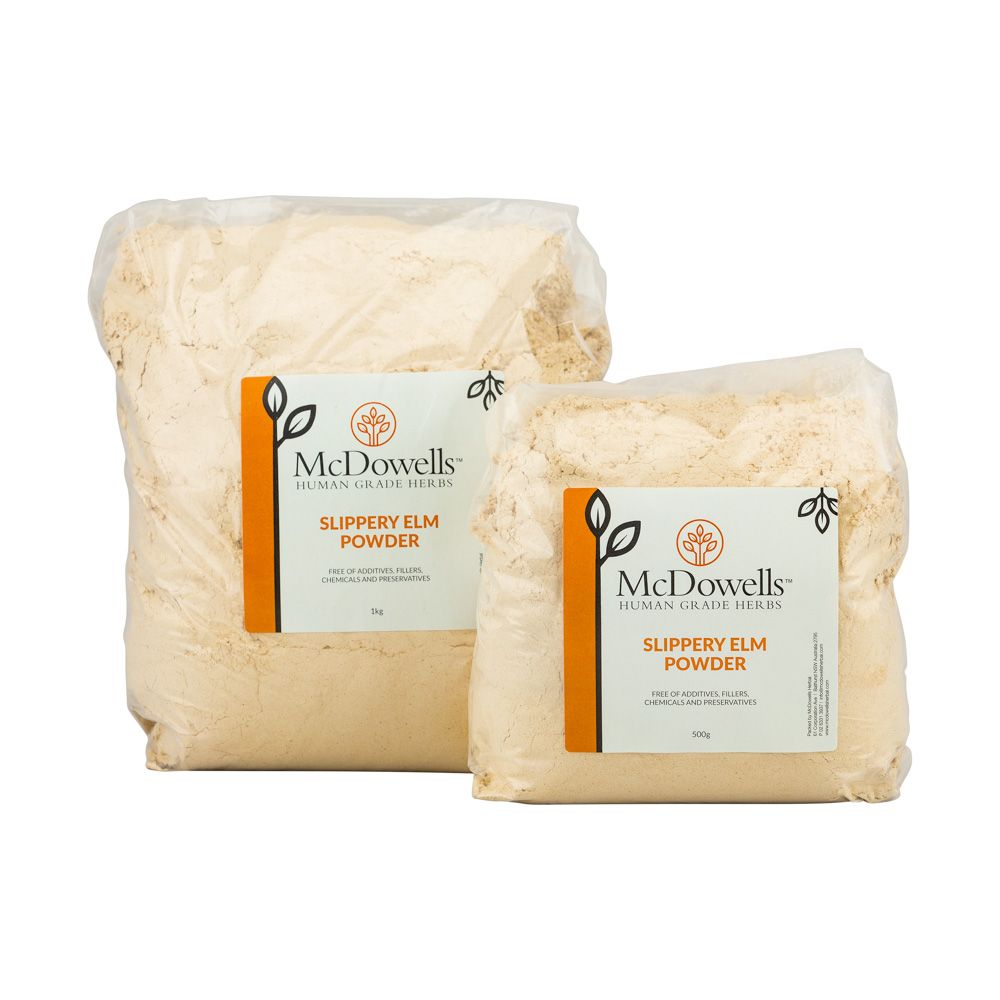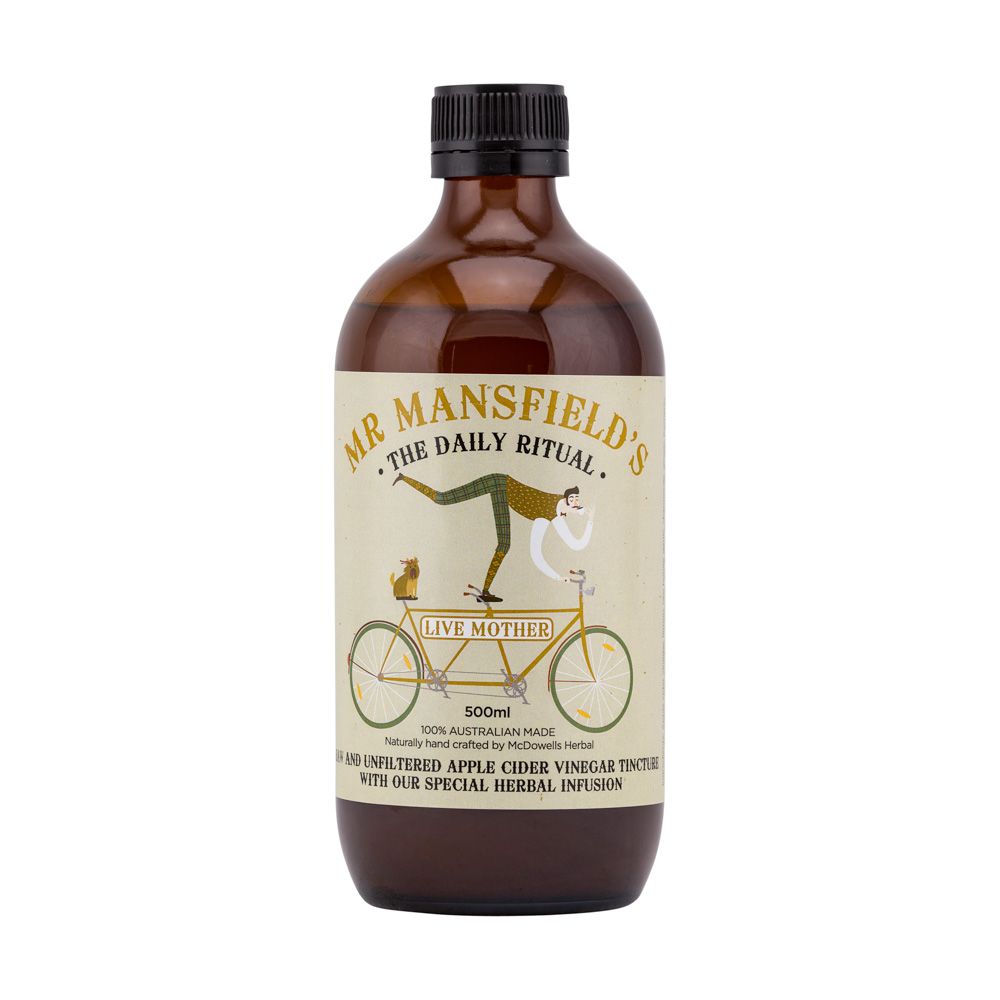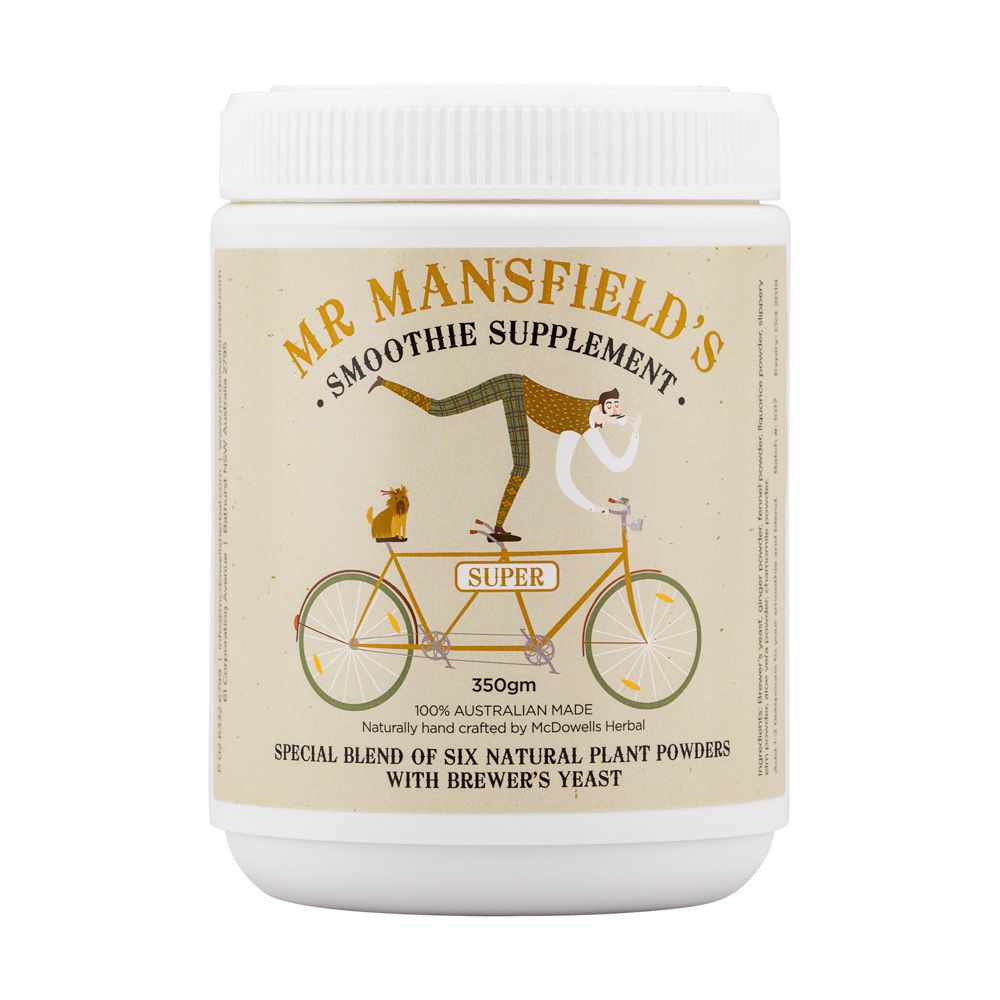Reflux (backward flow) is a common condition in western civilization, characterized as a gastrointestinal condition that develops when the stomach’s contents (food, digestive secretions, and gas) regurgitate back to the oesophagus causing discomfort, burning sensation in the chest region and pain. There may also be a cough, itchy throat and digestive upsets and bowel disturbances...

Reflux occurs due to weakening or damage to the muscle that connects the oesophagus to the stomach, called the oesophageal sphincter, which allows the passage of contents from the stomach to flow in an upward direction.
It is relevant to be aware, however, that it is not always an over production of acid that is the issue, symptoms of lack of gastric acid also includes bloating, belching, burning sensation and flatulence and fullness after meals, bowel irregularities, food intolerances.
There is also an association with chronic stress that places additional pressure on the nervous system to respond, resulting in rising inflammation and cortisol levels via the adrenal gland. This additional pressure can cause upset to our digestion and increase acid production in the stomach, which in turn, increase symptoms of reflux.
Reflux is not just about acid… it is so much more!
Ask yourself these questions today:
- Have you been on ant-acids or other medication for over a year?
- Do you eat quickly? Do you eat on the run?
- Do you have poor saliva production?
- Do you have food intolerances?
- Can you identify key foods that trigger worsening of your symptoms?
- Do you have constipation, diarrhoea or alternating patterns of bowel motions?
- Do you drink with your meals?
- Do you have a hiatal hernia?
- Are you often busy and have a stressful job?
- Do you suffer from ongoing low energy and tiredness?
- Do you get a good night’s sleep and wake refreshed?
- Are your meals mainly made up of animal proteins e.g. meat and grains?
- Do you continue to consume all of the food on the plate even though you are full?
Answering yes to many of these means there is a consideration of your lifestyle, food intake and emotional wellbeing. All of these factors contribute to an acidic environment and increased risk of dysregulation of the gastrointestinal tract.
Classic symptoms leading to clinical diagnosis:
· Burning feeling rising from the stomach or lower chest region towards the neck (heartburn)
· Regurgitated stomach contents felt in the throat region
Classic medical treatment
· Antacids
· Proton-pump Inhibitors (PPI)
· Histamine 2 Receptor antagonist
Contributing Factors that are often overlooked:
· Dietary intake
· Bacterial overgrowth
· Bowel habits
· Liver & Gallbladder function
· Lifestyle habits
· Weight / BMI
· Stress levels
· Side effects of other medication
· Low acid production possibilities
Classical medical treatment with ant-acid medical interventions provides short term symptom relief for many people. However, there is known adverse effects for many people both short and longer term use, including:
- Altered acid balance and bile production and flow
- Nausea
- Abdominal pain
- Diarrhoea
- Headaches
Long term use has been associated with increasing the risk of gastroenteritis, pneumonia, spinal fracture due to increased risk of osteoporosis, small intestinal bacterial overgrowth (SIBO), vitamin and mineral malabsorption.
Especially important from a nutritional perspective is the effect these medications have on nutrient uptake and supply for bodily functions. The body requires sufficient gastric acid to enable the release of essential nutrients from our foods to supply organs and cells for ongoing health and wellbeing. Critical vitamins such as B12, Magnesium and Iron have shown to be lower in patients on long-term use of PPI’s.
The medications work by raising pH which inhibits production of hydrochloric acid (HCl) and pepsin. Both HCl and Pepsin is needed for the proper digestion of protein foods so there may be difficulty breaking down protein over time. Another negative effect is the affect on the human gut microflora as the change in pH may precipitate overgrowth of harmful bacteria and one such bacteria is Helicobacter pylori, implicated in stomach ulcers.
For the above reasons, should you wish to use ant-acids it is beneficial to use them sparingly and not long term.
The natural approach is to focus on aiding digestion rather than on blocking the digestive process.
Naturopathic Treatment Aims
1. Relieve symptoms
Nutritonal: Slippery elm powder, Digestive enzymes
2. Treat the cause by addressing dietary and lifestyle factors and digestive function
Elimination of known trigger foods
- Chocolate, alcohol, caffeinated beverages, soft drinks, fatty & fried foods, spices, citrus, milk (it may buffer stomach acid temporarily providing relief, however, it stimulates the stomach to produce more acid and effects can return again and again with repeated ingestion)
- Avoid identified food intolerances or allergies e.g. Gluten, wheat, dairy, egg
- Consume smaller meals over the day and consume an early dinner (at least 3 hours before bedtime)
- Do not drink whilst eating as it disturbs acid release and absorption of nutrients
- Chew your food slowly and sit whilst eating
- Consume a mainly plant based whole foods, low sugar intake with 5 cups of vegetables and beneficial fiber daily
3. Decrease oesophageal inflammation and promote healing of the mucosal lining
- Herbal medicine: Marshmallow, Meadowsweet, Turmeric, Chamomile, Licorice, Calendula
- Aloe vera, slippery elm powder
4. Improve gastric emptying and enzyme action
- Bitter foods e.g. rocket, apple cider vinegar
- Probiotic: Lactobacillus reuteri MM53
5. Improve liver and gallbladder function in response to digestion and toxin elimination
- Herbal medicine: Link to Liver conditioning mix
Prevent further damage & assist with ongoing healing and repair
Continue a whole foods, anti-inflammatory, high fiber, low sugar & low saturated fat dietary intake
- Avoid trigger foods
- Avoid eating on the run
- Avoid overeating & allow time between meals to digest
- Set goals to reduce stress levels and rewire the nervous system
- Daily supplementation and enzymes as identified for ongoing health





